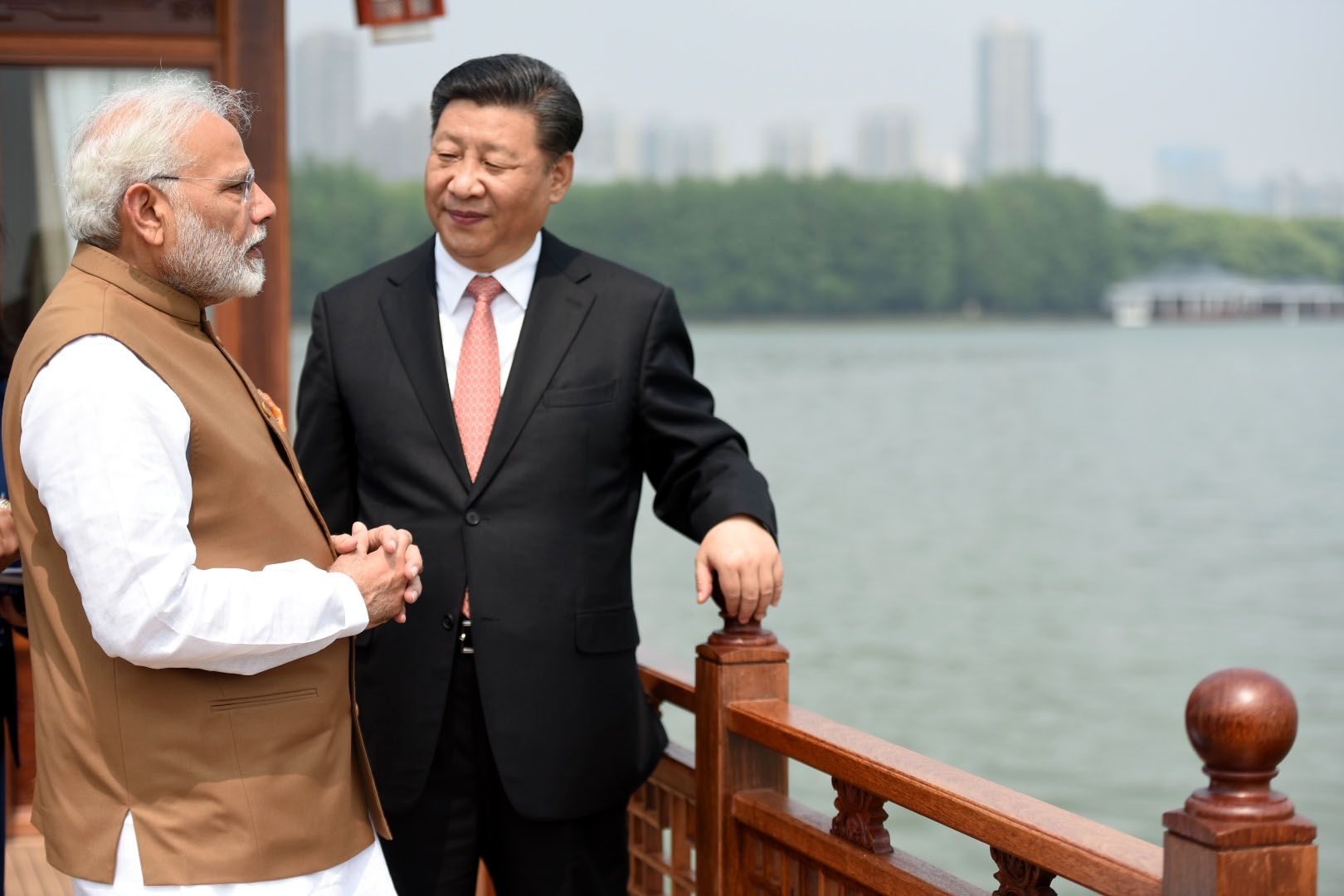The unprecedented “bonhomie” surrounding the informal Wuhan summit between Prime Minister Narendra Modi and Chinese President Xi Jinping has given rise to hope that the two biggest Asian powers are about to enter into a period of constructive engagement and cooperation. India and China have made several give-and-take gestures following the informal summit. After Air India’s announcement to change Taiwan’s name to “Chinese Taipei”, a pattern of certain favours extended by both countries towards each other marks a significant change in the tone of India-China relations. The Modi-Xi summit has given rise to expectations of major breakthroughs in this month’s BRICS summit in Johannesburg, where the two leaders are set to meet once more to take the bilateral relationship to a new trajectory.
On Thursday, even as the Taipei Economic and Cultural Center in India (TECC) protested Air India’s decision to refer to Taiwan as “Chinese Taipei”, Raveesh Kumar, the official spokesperson of the Ministry of External Affairs, said, “The decision of Air India is consistent with international norms and our own position on Taiwan since 1949.”
The Modi government has in the past said that it would support Beijing’s “One China” policy, but that China must support New Delhi’s “One India” policy. On 25 April, the Civil Aviation Administration of China (CAAC) asked 34 airlines to describe Taiwan as part of China on their websites. Air India does not have a direct flight to Taiwan, but has a code-share flight with Air China. Therefore, accepting China’s circular on Taiwan is being seen as India going the extra mile to maintain good relations with China.
Apart from Air India “renaming” Taiwan, in another development this week, Reserve Bank of India (RBI) granted licence to Bank of China to start operations in India. Prime Minister Modi had made a commitment to the Chinese President to allow Bank of China set up branches in India, when they met on the sidelines of the Shanghai Cooperation Organisation (SCO) summit in the Chinese city of Qingdao last month. Bank of China is one of the very few state-owned commercial banks in China.
While India has taken strategic decisions in case of Taiwan and Bank of China, last month China announced tariff cuts in India’s favour. China’s ambassador to India, Luo Zhaohui had tweeted, “China will reduce or cancel tariffs on imports of 8,549 types of goods from India, South Korea, Bangladesh, Laos and Sri Lanka. The goods include chemicals, agricultural and medical products, soybean, clothing, steel and aluminium products. Good news to help reduce trade imbalance.” Experts had described the decision as “strategic”, given that most of the items on which China allowed tariff cuts were those on which it imposes higher tariffs when imported from the United States.
Prior to the informal Wuhan summit, China also pulled support for Pakistan, letting the Financial Action Task Force (FATF), a global money-laundering watchdog, to grey-list that country. During the initial phase of the meeting, China, Turkey and Saudi Arabia had resisted US pressure to place Pakistan on the list of countries that lacked effective regulations to combat terrorism financing. However, in the end, China went along with the US, Russia and India on Pakistan. China’s recent announcement to give a $1billion aid to Pakistan to rescue its foreign reserves showed that it had not abandoned Islamabad, but it is safe to say that despite China’s support to Pakistan, the dragon is frustrated with Islamabad’s inability to rein in terror groups. Simultaneously, India’s efforts to negotiate with China yielded dividends for India at FATF.
Therefore, since the Doklam standoff that strained India-China relations for a year and differences on the China-Pakistan Economic Corridor, it is for the first time that the two nations are stepping forward to take important steps towards economic partnership and improving diplomatic relations, including on sticky issues Meanwhile, sources said that Chinese Defence Minister, Wei Fenghe is scheduled to visit India soon.

